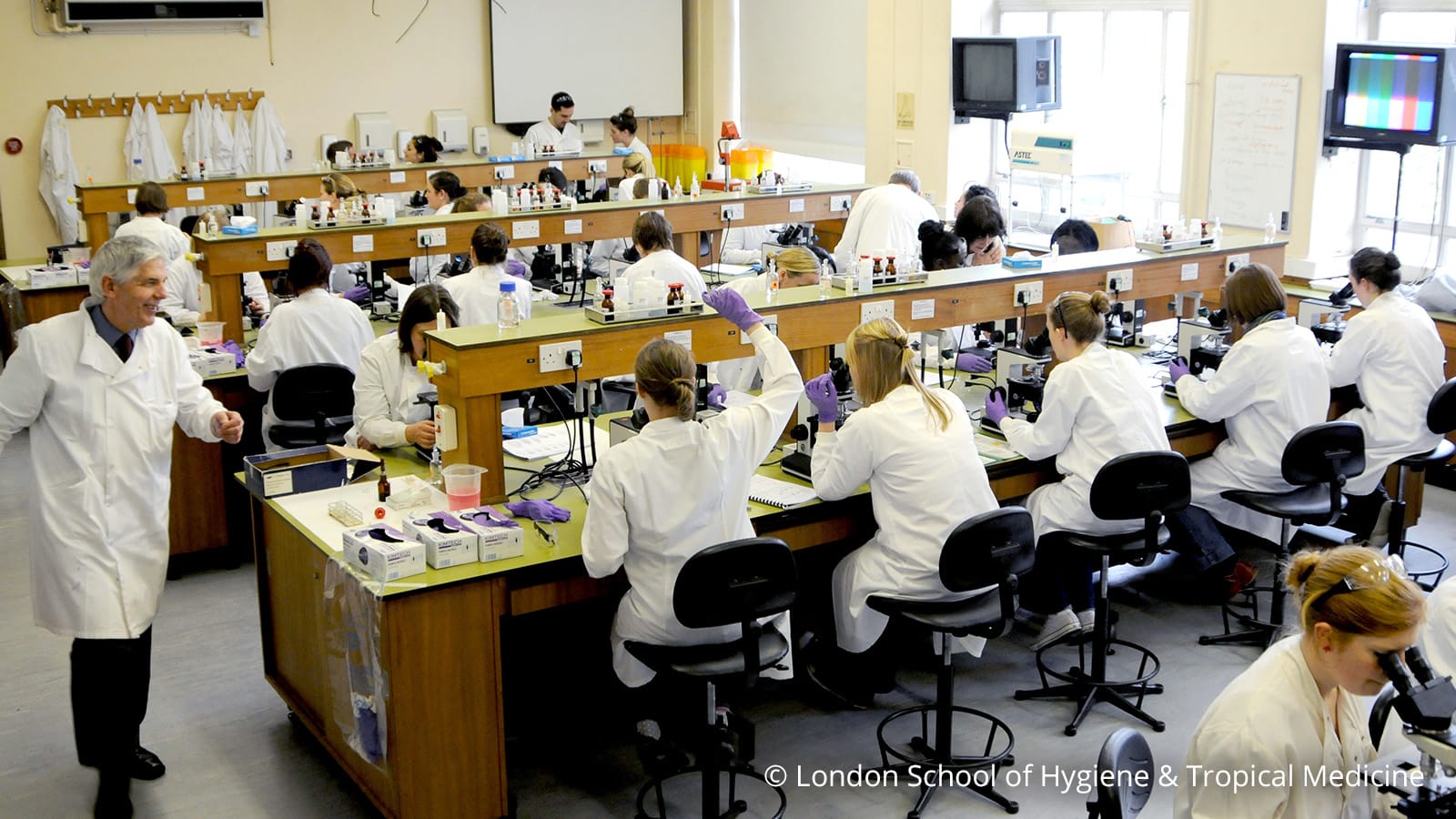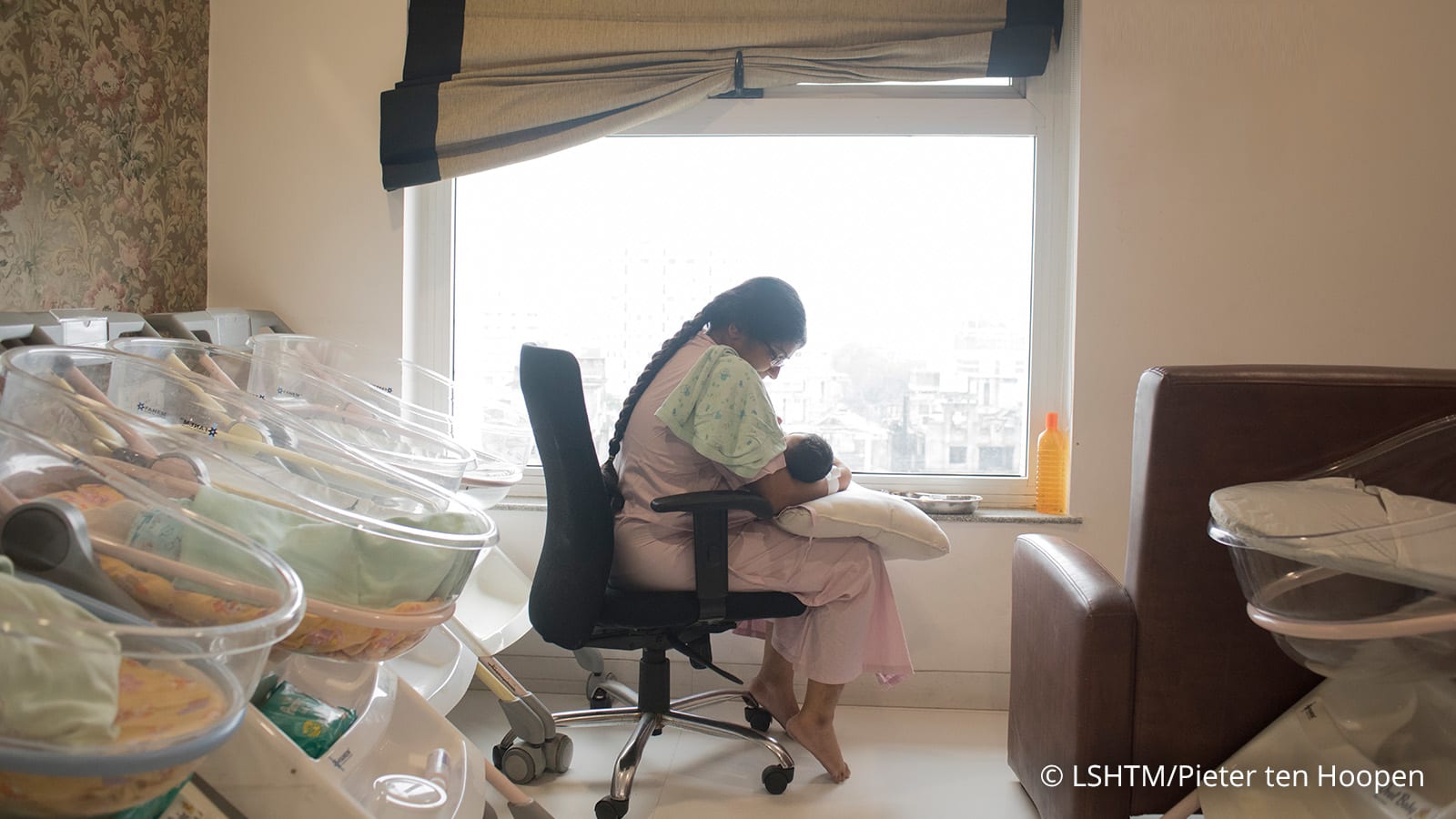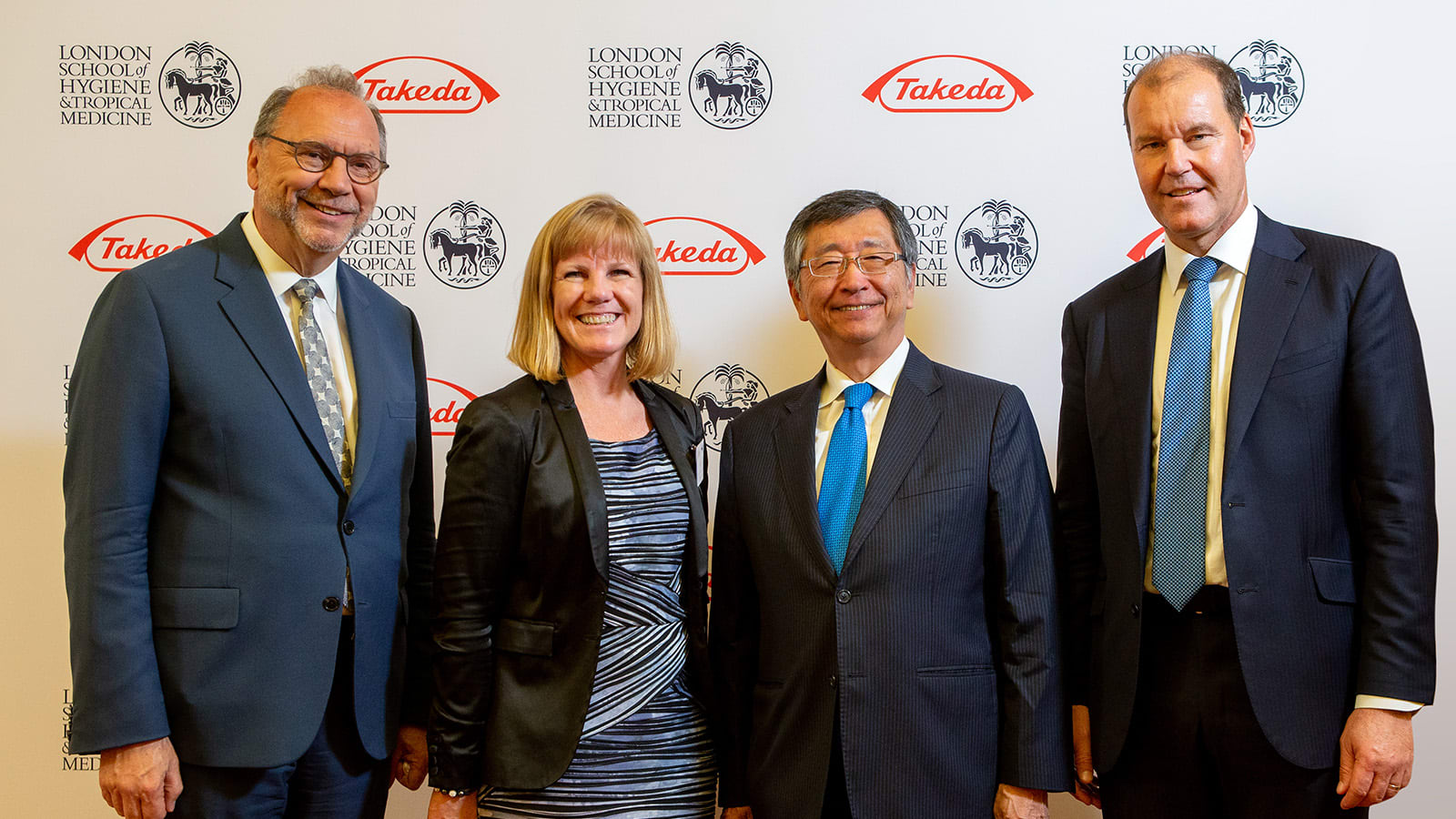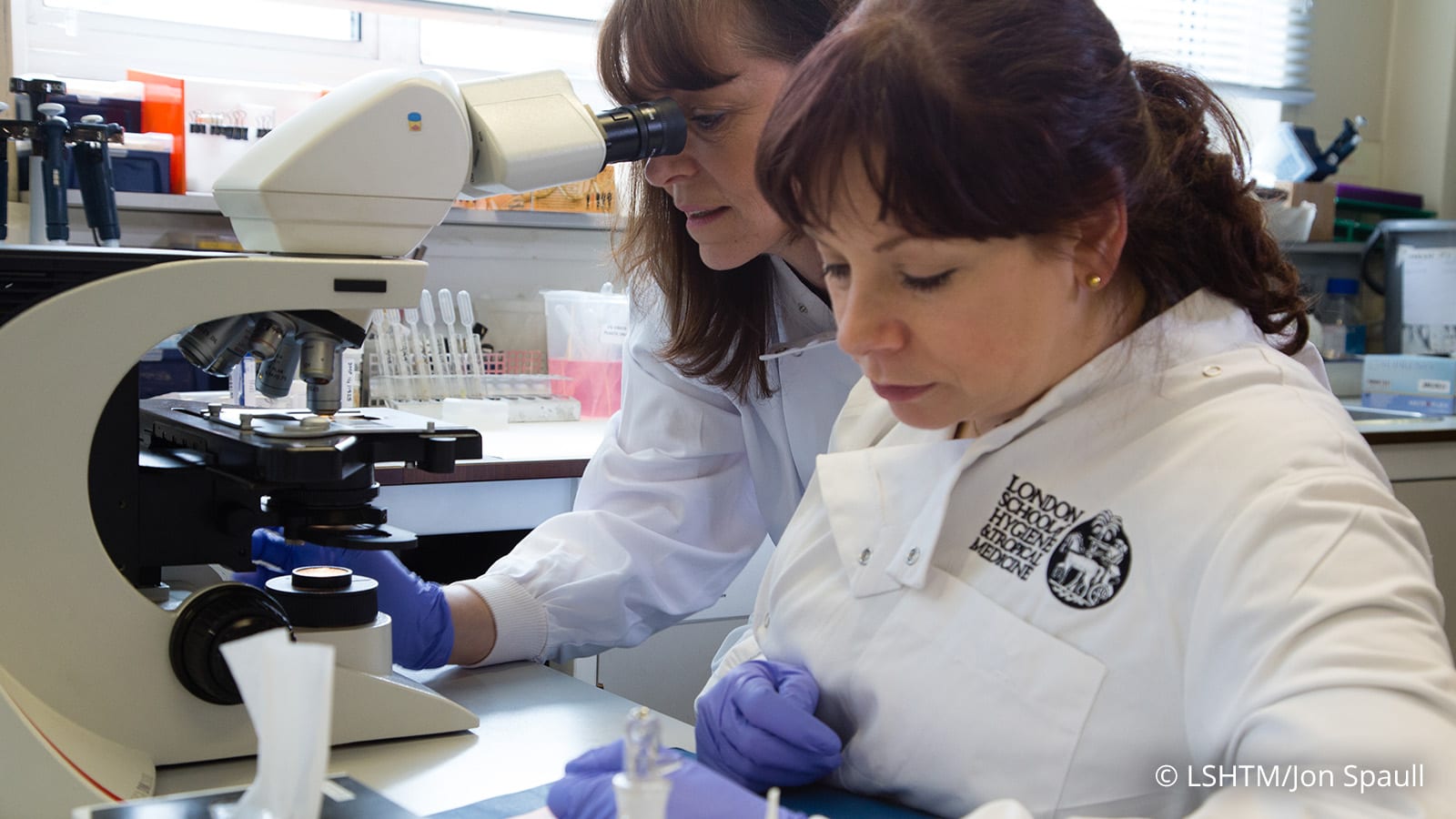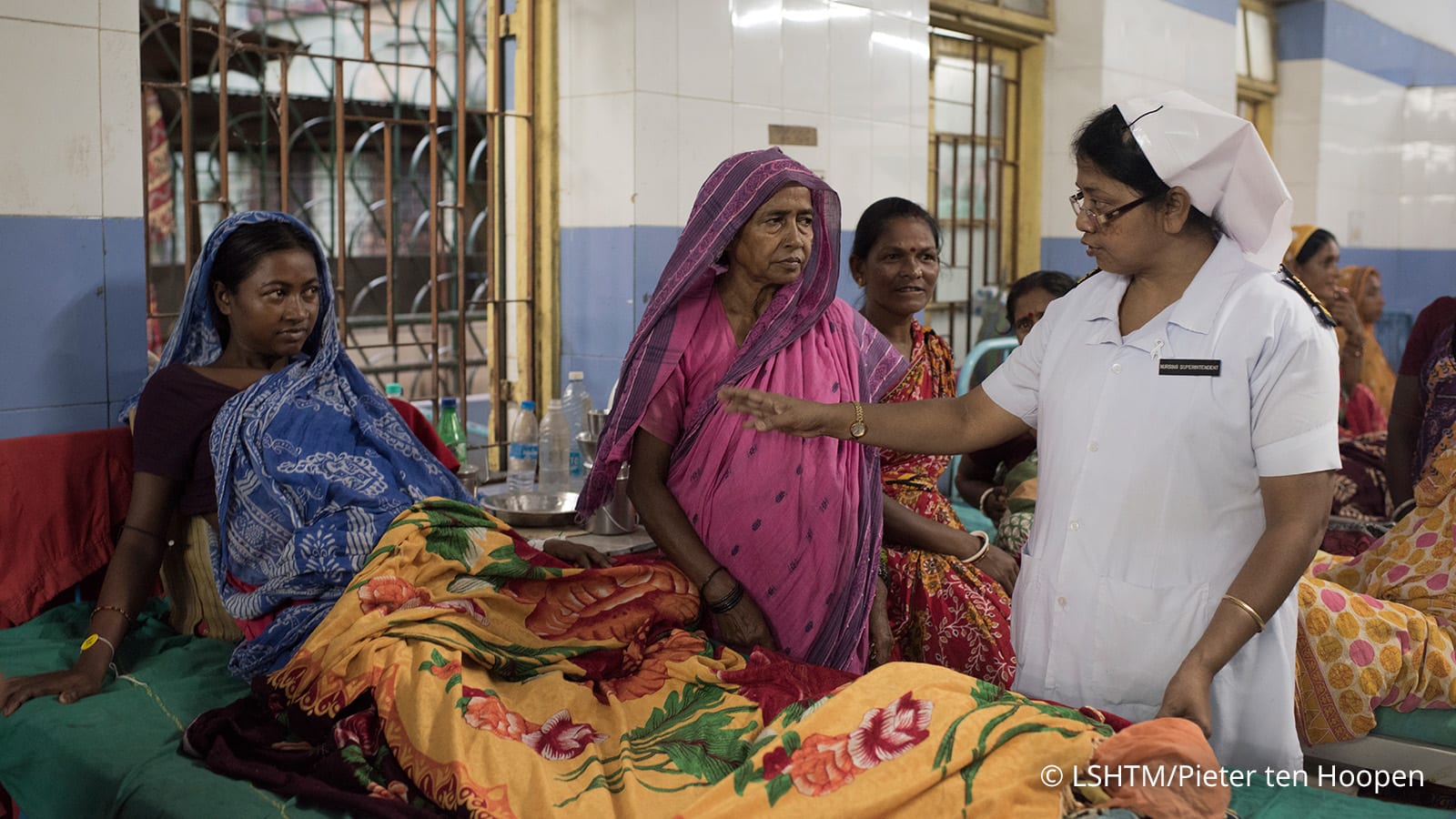CSR Program: LSHTM | Takeda Pharmaceuticals
Takeda Moves to Transform Global Child Health Research with the London School of Hygiene & Tropical Medicine
On May 16, 2019, top researchers, policy officials, and industry and academic leaders from the UK and Japan came together at the Japanese Embassy in London to celebrate what the Japanese Ambassador to the UK, Mr. Koji Tsuruoka, called “a wonderful example of collaboration between a leading Japanese pharmaceutical company and a world-renowned school of public and global health… an endeavor of real global significance.”
At the reception, Takeda and the London School of Hygiene & Tropical Medicine (LSHTM) announced the establishment of the Takeda Chair in Global Child Health, LSHTM’s first professorial chair to be fully endowed by a company. LSHTM Director Professor Peter Piot and Takeda President and CEO Christophe Weber shared their perspectives on the importance and impact of the new collaboration, which will support vital research into reducing millions of child deaths in developing countries. Each also highlighted the importance of collaborative research, training future research leaders and bridging the gap between research, public policy and healthcare delivery to drive meaningful impact.
“The new Takeda Chair will push the boundaries of how and where disciplines intersect to create solutions,” said Weber. “Our hope is that all the global health community’s efforts in children’s health will be better informed and more effective through this new Chair. This impact will change patients’ lives, and that is our goal.”
Ambassador Tsuruoka lauded Takeda's “unabashed” and “courageous” role in mobilizing resources to create the Chair and Professor Piot expanded on the potential to create meaningful and real returns for the global health community.
“The Takeda Chair inspires three key things,” said Professor Piot. “First, it inspires us to explore other ways of collaborating with Takeda in terms of R&D. Second, we hope it will inspire other companies to follow Takeda’s example of collaboration. Third, I think it will also attract more young people to the field.”
The idea for the Takeda Chair emerged in 2018 during an impromptu conversation between Professor Piot and Weber.
“LSHTM needed a leader to push the global child health research we were pioneering—to really push innovation in terms of both products and delivery,” said Professor Piot. “And Takeda, a really research-driven company, understood this vision right away."
Japan’s global health leadership has a long legacy. The Government of Japan introduced global health as a key G8 agenda item for the first time in 2000 when the country hosted the G8 Summit. Since then, Japan has been a pioneering force behind forging transformational public-private partnerships including The Global Fund to Fight AIDS, Tuberculosis and Malaria, Global Health Innovative Technology (GHIT) Fund and the Coalition for Epidemic Preparedness Innovations (CEPI).
“[In 2019] Japan is very fortunate to serve the G20 Presidency and also host the 7th Tokyo International Conference on African Development… the world has high expectations for how the SDGs and development challenges can no longer be solved only by governments,” said Ambassador Tsuruoka. “Partnership between all sectors is crucial.”
A legacy of engagement in global child health
The Takeda Chair at LSHTM is emblematic of the company’s long-term commitment to the people and cutting-edge research bringing life-changing therapies to patients worldwide. Takeda’s Global CSR Program as been making long-term contributions to disease prevention, capacity building and access to healthcare in partnership with the global community for more than a decade. Furthermore, Takeda has supplied critical vaccines to the children of Japan for over 70 years, and more recently is working to expand impact on global health beyond Japan through a pipeline with the potential to transform the global picture for several neglected diseases.
Share this story


